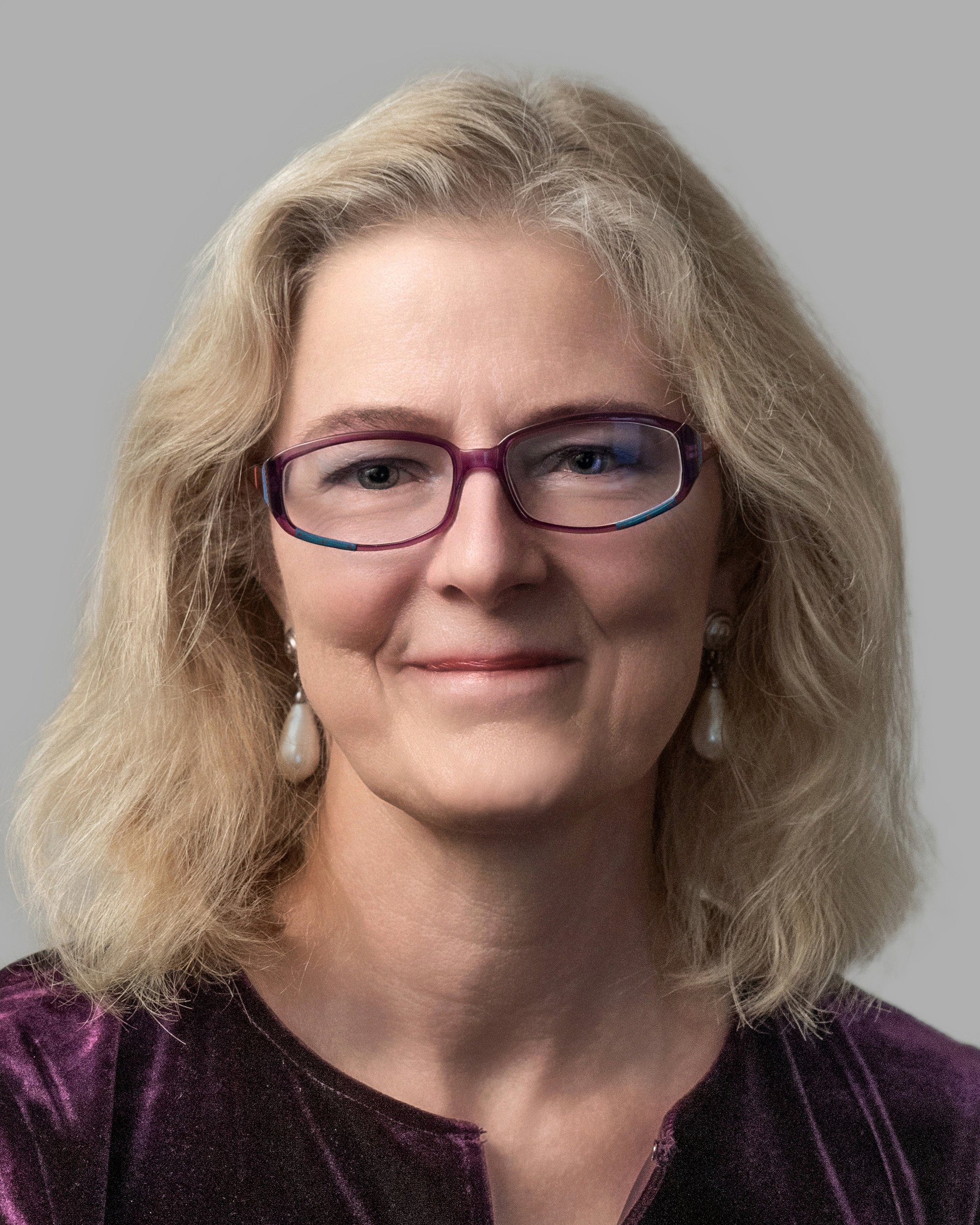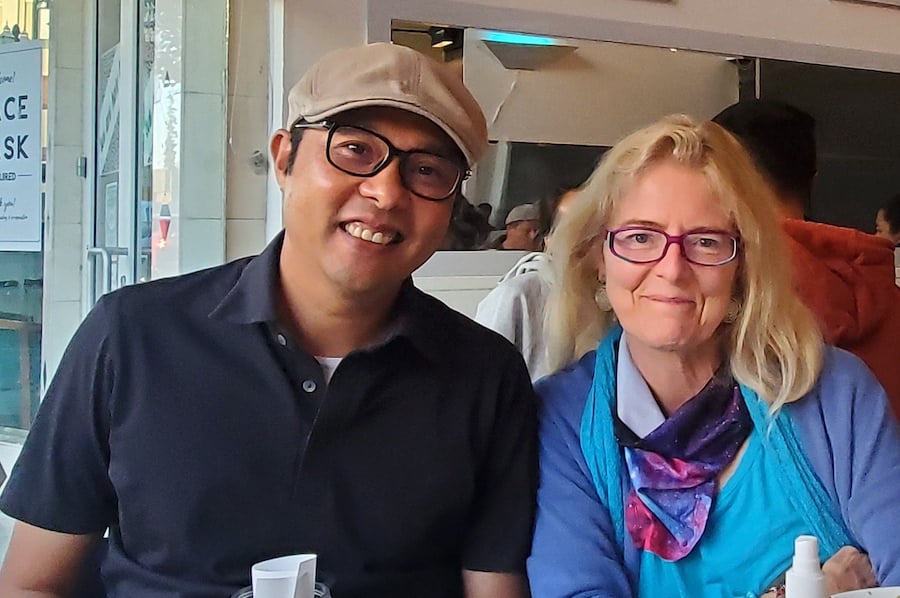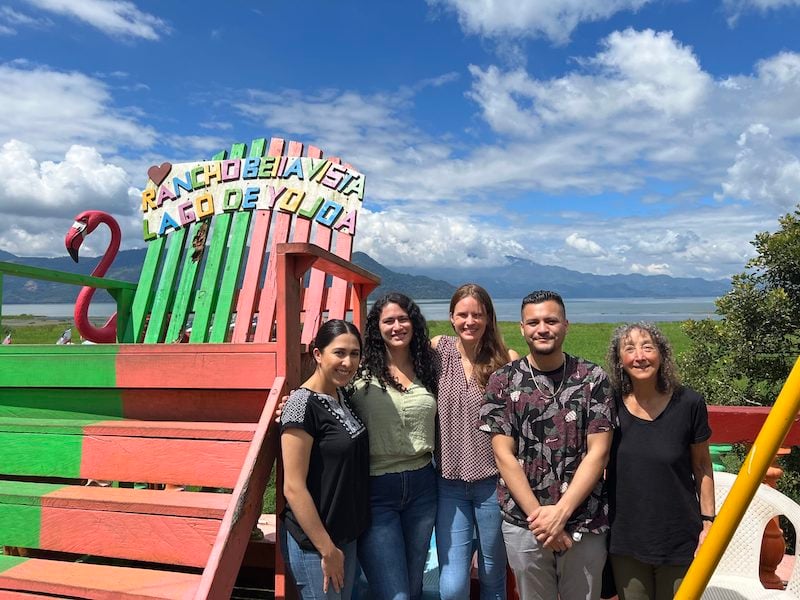UNHCR and UC Law San Francisco Announce First Sergio Vieira De Mello Chair in the United States for International Refugee Law
UNHCR and UC Law San Francisco Announce First Sergio Vieira De Mello Chair in the United States for International Refugee Law

Kate Jastram, Director of Policy and Advocacy and Sergio Vieira de Mello Chair of International Refugee Law, Center for Gender & Refugee Studies (CGRS)
San Francisco, CA (Nov. 30, 2023) – Kate Jastram, Director of Policy and Advocacy at the Center for Gender & Refugee StudiesLink is external, has been named the first Sergio Vieira de Mello ChairLink is external in the United States. In this role, Jastram will lead efforts at the University of California College of the Law, San Francisco (UC Law SF) to conduct research and promote understanding of how best to protect people displaced across borders by the adverse effects of climate change.
With the signing of a memorandum of understanding between UC Law SF and UNHCR, the UN Refugee AgencyLink is external, the law school and its Center for Gender & Refugee Studies (CGRS) join a distinguished group of universities, primarily located in the Global South, committed to teaching and research on forced displacement, human rights, and statelessness.
“We are pleased to welcome Kate Jastram to the De Mello Chair program as the first chair in the United States. Professor Jastram will help UNHCR advance actionable research, teaching, and outreach with forcibly displaced populations,” Matthew Reynolds, UNHCR Representative to the United States and Caribbean said. “Partnering with academic institutions such as UC Law SF helps provide the expertise and research that informs policies and decisions that most affect those forced to flee.”
Helping those displaced by climate change
“I’m deeply honored to be the first De Mello Chair in the United States,” Jastram said. “I worked with Sergio when we were both at UNHCR, and it means a great deal to me to join such an inspiring group of professors working to advance human rights together in his name. CGRS has a long history of breaking new ground in asylum law, always seeking to hold the United States to its international obligations. Through this partnership we will continue to work for the rights of refugees historically excluded from protection.”

Kate with Chris Tun, former asylum client, now U.S. citizen, activist, and business leader.
“I am thrilled to see CGRS, and UC Law SF as a whole, recognized for their leadership in advancing refugee protection,” added Morris Ratner, Provost and Academic Dean at UC Law SF. “The Center’s work has greatly enriched the intellectual life of the College, inspiring the next generation of refugee and human rights advocates.”
Advancing protection using existing legal frameworks
In one of the Center’s first projects under the De Mello agreement, Jastram will develop analysis and practical guidance on how existing international refugee and human rights laws can apply within the context of climate and disaster-related displacement, in partnership with Professor Geoff Gilbert of the University of Essex School of Law and Human Rights Centre, and Scientia Professor Jane McAdam AO of the Kaldor Centre for International Refugee Law, University of New South Wales.
This initiative builds on CGRS’s groundbreaking practice advisory for U.S. attorneys, outlining the ways in which individuals displaced in context of climate change may be able to receive protection within the existing U.S. asylum law framework. This international guidance will then provide an overarching framework for the development of national-level guidelines in other countries similar to the work that CGRS has done for the United States.

UC Law SF students Adriana Diaz Mireles and Ana Sofia Mello, CGRS Staff Attorney Julie Bourdoiseau, UC Law SF student Jonathan Escobar Valencia, and CGRS Director Professor Karen Musalo on a trip to investigate human rights and environmental laws in Honduras.
“The adverse effects of climate change exacerbate the conditions that force people to flee their homes, yet few nations have specific protection mechanisms for those who must cross international borders to find refuge,” Professor Karen Musalo, Founding Director of CGRS explained. “Our climate workLink is external, which we launched 2021, is a natural expansion of our mission to ensure protection consistent with developing international norms. This partnership with UNHCR will help elevate our work so that it will better reach global decision-makers and make a critical difference for vulnerable populations.”
The climate guidance project is CGRS’s pledge for the Global Refugee Forum, the world’s largest international gathering on refugee issues. Jastram will represent CGRS and UC Law SF at the Forum in Geneva in December.
The Center for Gender & Refugee Studies (CGRS) defends the human rights of courageous refugees seeking asylum in the United States. With strategic focus and unparalleled legal expertise, CGRS champions the most challenging cases, fights for due process, and promotes policies that deliver safety and justice for refugees. Learn more at cgrs.uclawsf.eduLink is external.
Click here to learn more about the Sergio Vieira De Mello Chair programLink is external and how universities in Brazil, Costa Rica, the Dominican Republic, Ethiopia, the United Kingdom, and now the United States are teaching, advancing research, and supporting the forcibly displaced.

